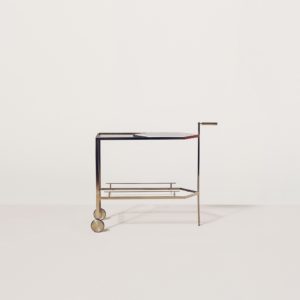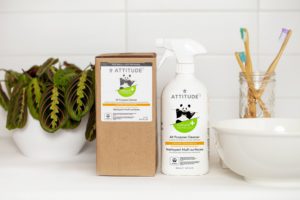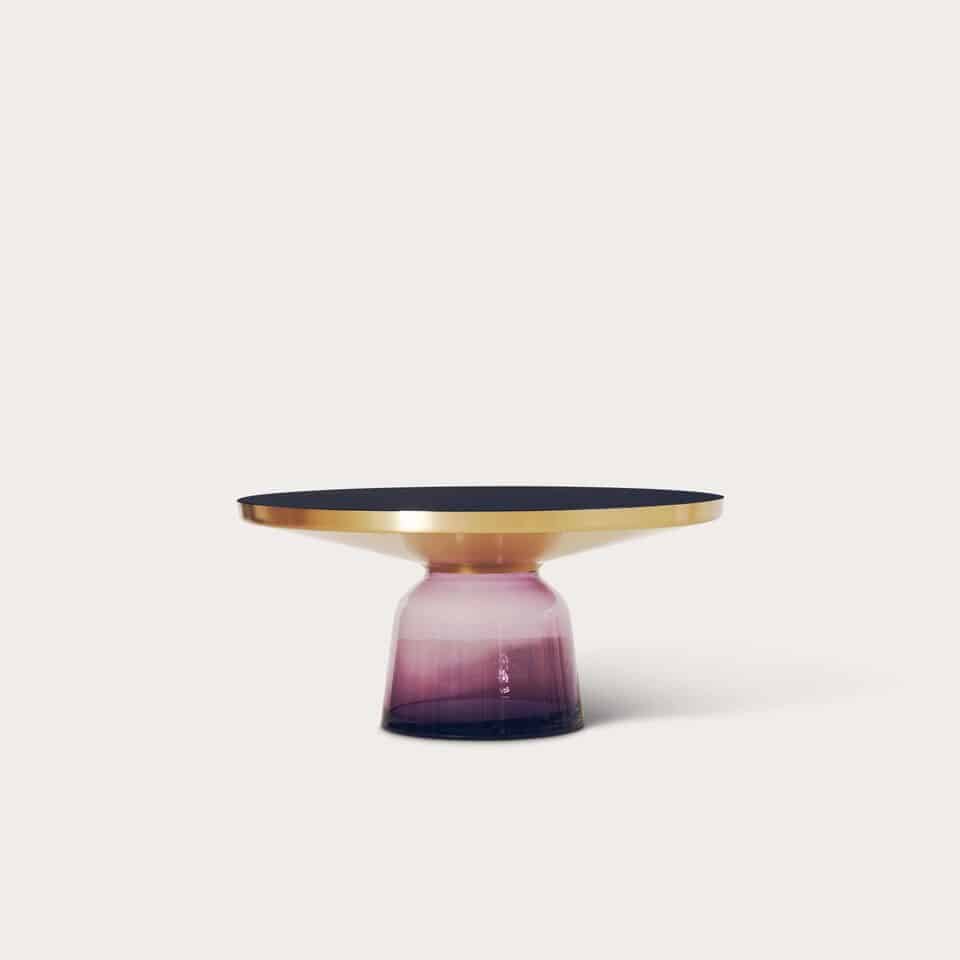When COVID first hit, it was hard to find a metaphor that adequately described what it was doing to industry and commerce across the globe. Was it more like watching a horror movie, or an endless row of dominoes fall down one by one? Sometimes it looked like both. And it was almost impossible to keep track of the parade of pundits explaining just what lockdown would mean to various market segments.
To get perspective on how the design industry would be affected, I turned to Leslie Carothers, CEO of The Kaleidoscope Partnership, an U.S. online strategy development agency for the furniture and interior design industries.

As Carothers predicted, online shopping took a huge leap forward. “I don’t even know what Amazon’s sales are, but they are seeing a surge, for sure,” she says. That upward growth is being partly fuelled by converts to online shopping, according to a recent survey by Accenture.
The study determined that one in five respondents who said their most recent grocery purchase was done online were first-time online grocery shoppers. For older consumers, this was one in three. And while 32 per cent of consumer purchases of all products and services are currently done online, the figure is expected to rise in the short term to 37 per cent.
Interestingly, it appears that purchasing habits may be permanently altered: 60 per cent of respondents say they are spending more time on self-care and mental well-being, and that they expect to continue to do so, with 57 per cent saying the same thing about home exercise. Fully half say they’re shopping more health-consciously and will likely continue to do, and 45 per cent expect to continue making more sustainable choices.
And while Carothers acknowledges there will be “a pause” in spending, she believes opportunities will be there.
Cooped-up consumers will be spending a lot of time looking at the inside of their homes, says Carothers, suggesting that may well push sales of all segments of the home decor market, including luxury.
Avenue Road Furniture, for example, has new collection of high-end design called Stocked that is being sold online, with complimentary shipping across North America, and an option for pick up from the Toronto warehouse.

Consumers may also be more interested in touchless delivery, and convenience, a shift home and personal care product manufacturer Attitude is poised to capitalize on. 
The Quebec-based company just launched BULK to Go, a line of shampoo, soap, shower gel, and household cleaners aimed at reducing single-use plastic bottles.
Co-founder and CEO Jean-François Bernier thinks consumers will embrace the two-litre refill boxes to use at home, and he hints that the company will over the next few years add many new items to the existing line of over 250 products. NOTE: Product is also available in multiple retail chains.
While the retail landscape continues to shift as economies begin to re-open, it’s clear that as with so many aspects of life, COVID may have a permanent effect on the way we consume, and live.
Among the most important variables will be timing, says Carothers. “There will be a point in time when they have a vaccine and we see declining cases. We just don’t know when that will be, and that’s the uncertainty.”
The featured pic is of the stunning BELL table by German designer Sebastian Herkner—made from hand-blown glass and solid brass—part of Stocked line at Avenue Road.




